Category: Cryptocurrency - Page 4

CoinCasso Crypto Exchange Review: Is It Safe or a Scam?
CoinCasso was a crypto exchange that claimed to offer fiat trading and profit-sharing but is now confirmed dead and listed as a scam. Learn why it failed, how the fraud worked, and safer alternatives.
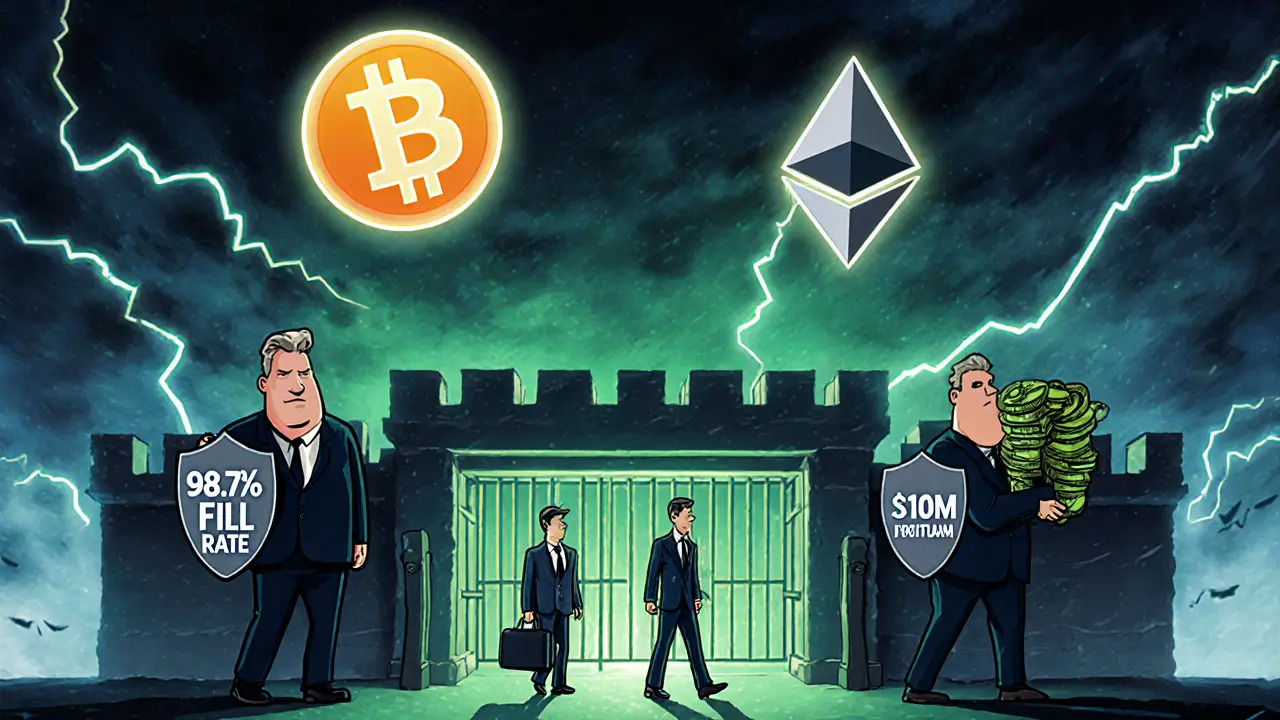
FalconX Crypto Exchange Review: Institutional Trading Powerhouse in 2025
FalconX is the leading institutional crypto exchange for hedge funds and asset managers, offering guaranteed execution, 24/7 options trading, and T+0 settlement. Learn how it compares to Coinbase Prime and why it's the top choice for large-scale traders.
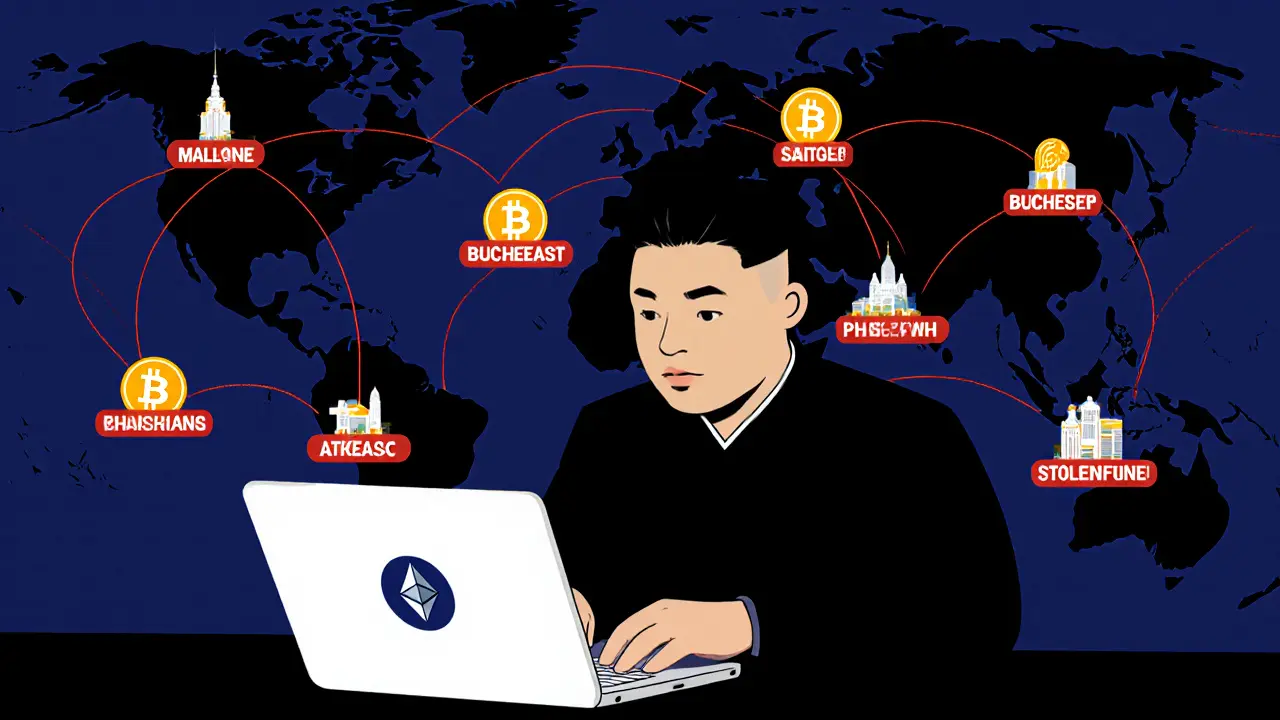
North Korea Crypto Ban and State-Sponsored Hacking Operations in 2025
North Korea stole over $2.17 billion in crypto in 2025, mostly through the ByBit hack. State-sponsored hackers use remote workers and Cambodia-based laundering networks to fund nuclear programs. Here's how it works - and why it's getting harder to stop.
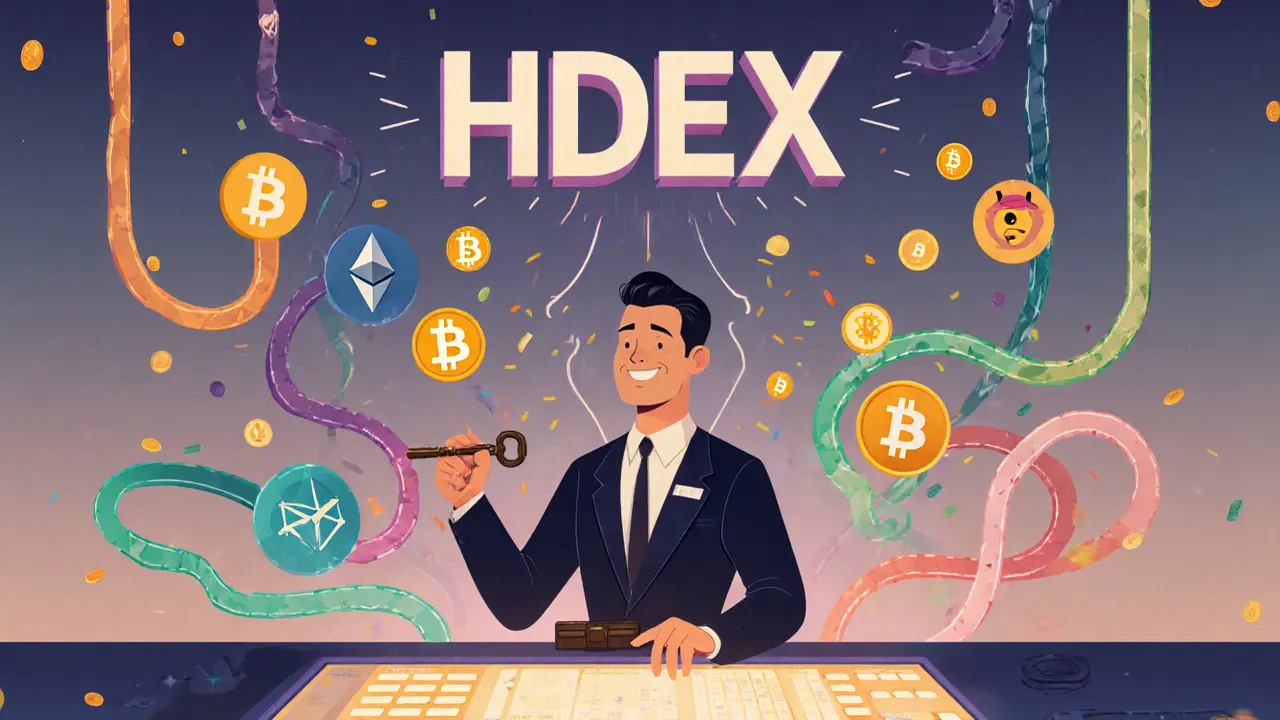
HDEX Crypto Exchange Review: Cross-Chain DEX with Potential but Limited Liquidity
HDEX is a cross-chain decentralized exchange supporting BTC, ETH, BSC, TRON, and more. It offers AMM and orderbook trading without custodial risk, but low liquidity and no audits make it risky for most users.
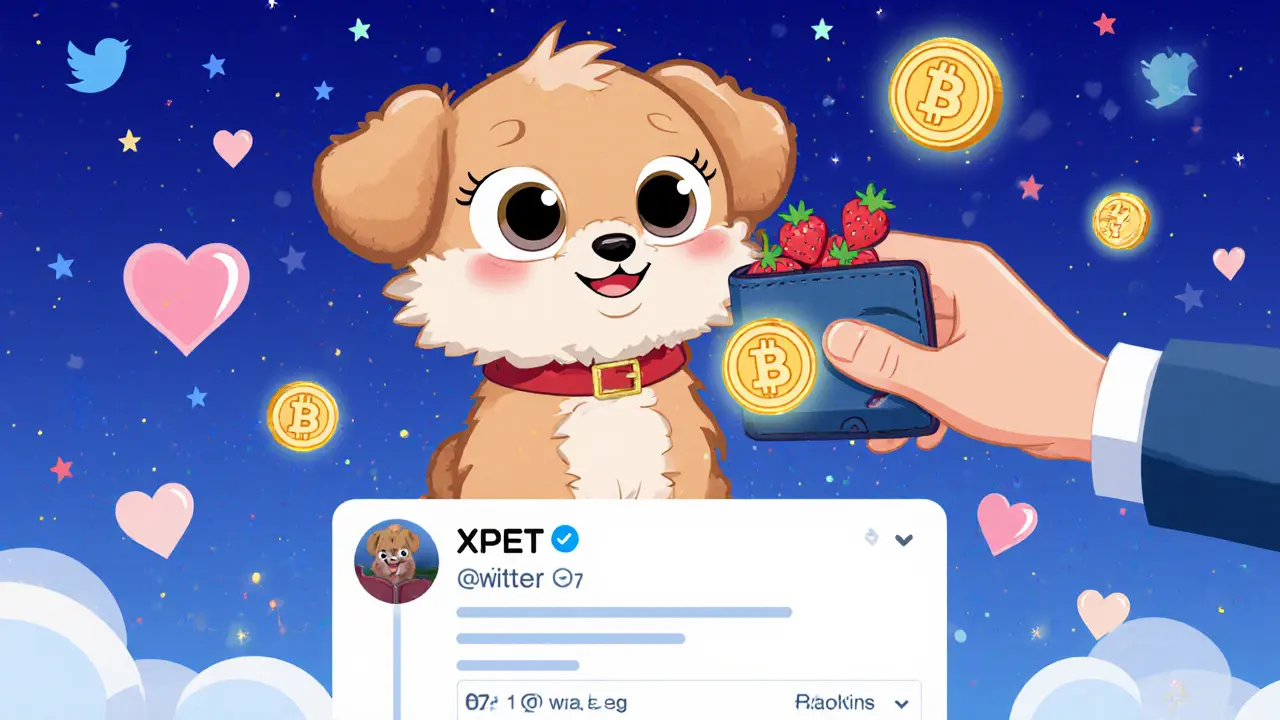
What is xPET tech (XPET) crypto coin? A practical guide to the SocialFi 2.0 pet game on Arbitrum
xPET tech (XPET) is a SocialFi 2.0 Web3 game on Arbitrum where you raise a digital pet on Twitter to earn tokens. Learn how it works, its risks, and whether it's worth your time in 2025.
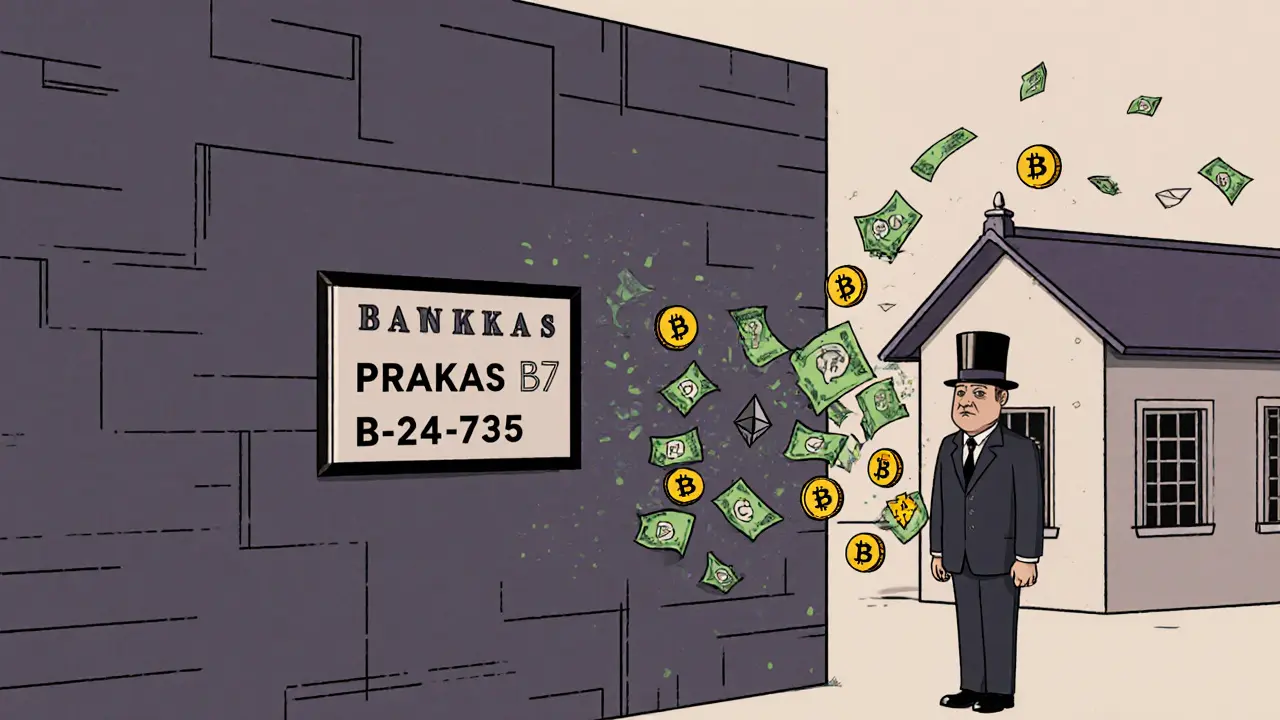
Cambodia Banking Restrictions on Crypto Transactions: What You Need to Know in 2025
Cambodia's banking system bans most crypto transactions as of 2025, allowing only two licensed platforms. Learn how the NBC's strict rules impact users, banks, and remittances-and why Bakong is the government's chosen alternative.
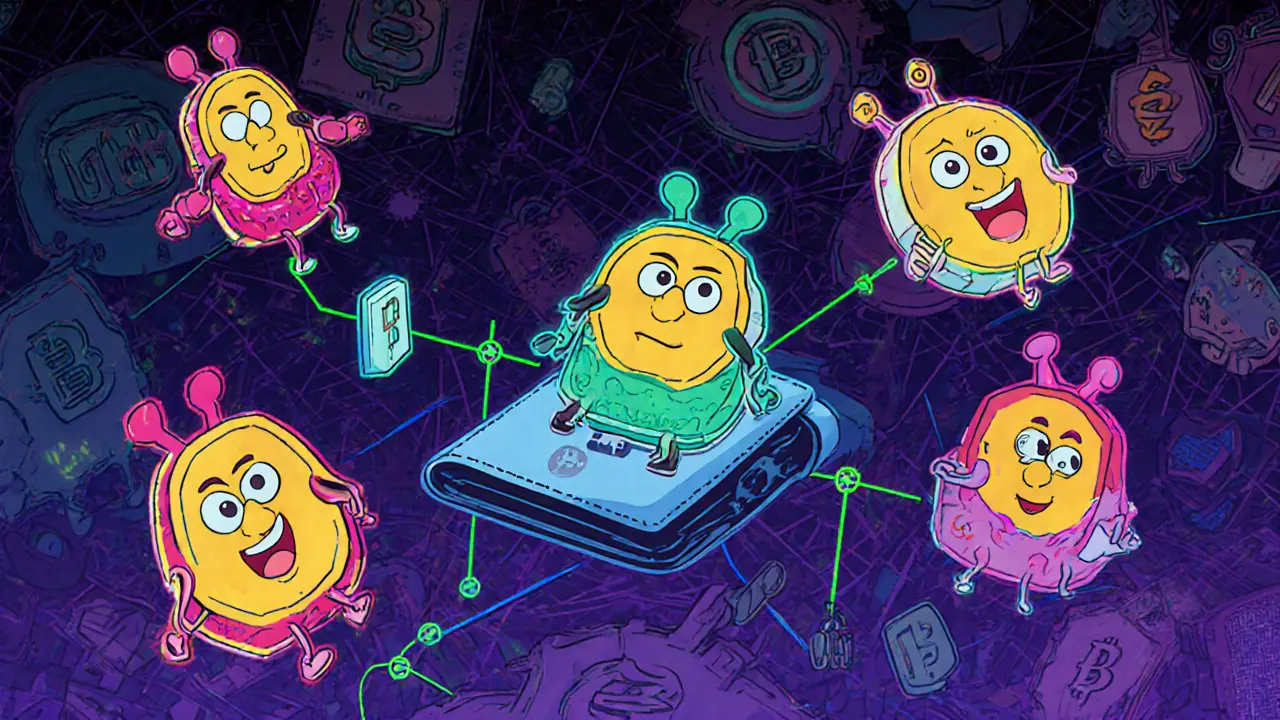
What Are NFT Token Standards? ERC-721, ERC-1155, Solana, and More Explained
NFT token standards like ERC-721, ERC-1155, and Solana's protocol define how digital ownership works on blockchains. Learn how each standard differs in cost, speed, and use cases.
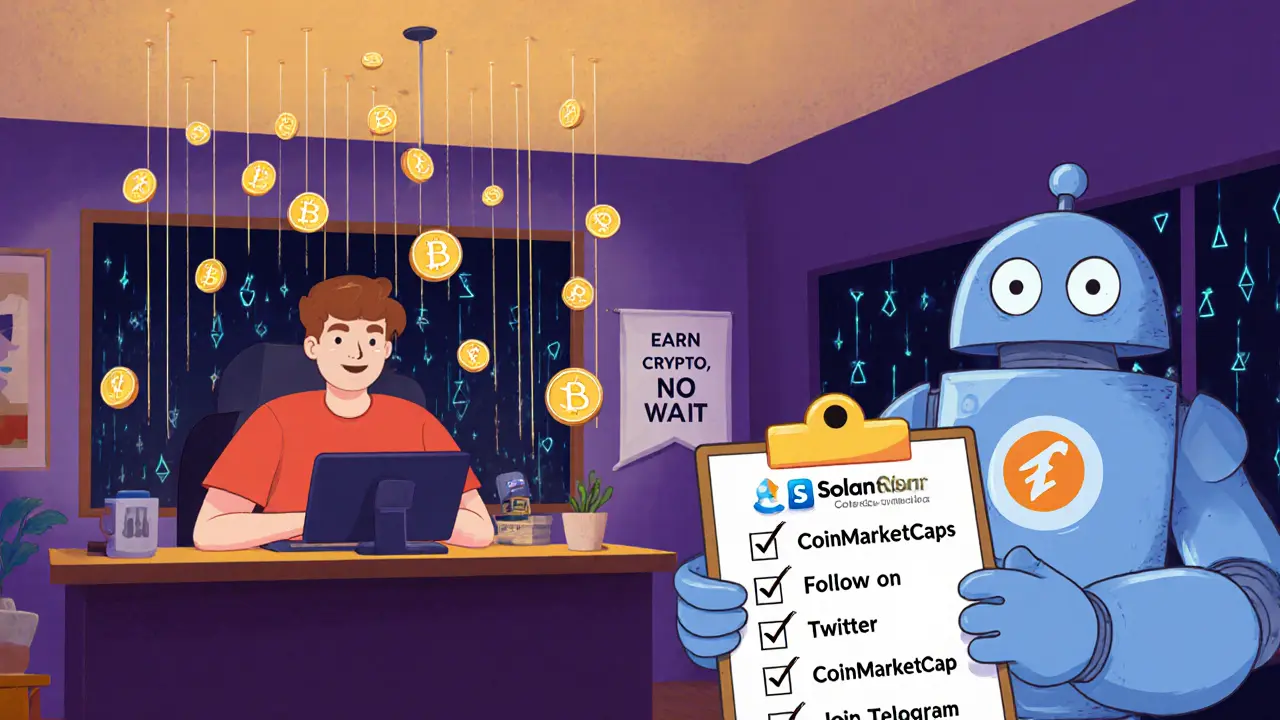
VDR Airdrop by Vodra x CoinMarketCap: How to Participate and What You Get
The Vodra x CoinMarketCap VDR airdrop offers 1,500 winners up to 2,898 VDR tokens. Learn how to enter, what VDR does, and why this isn't just another crypto giveaway.
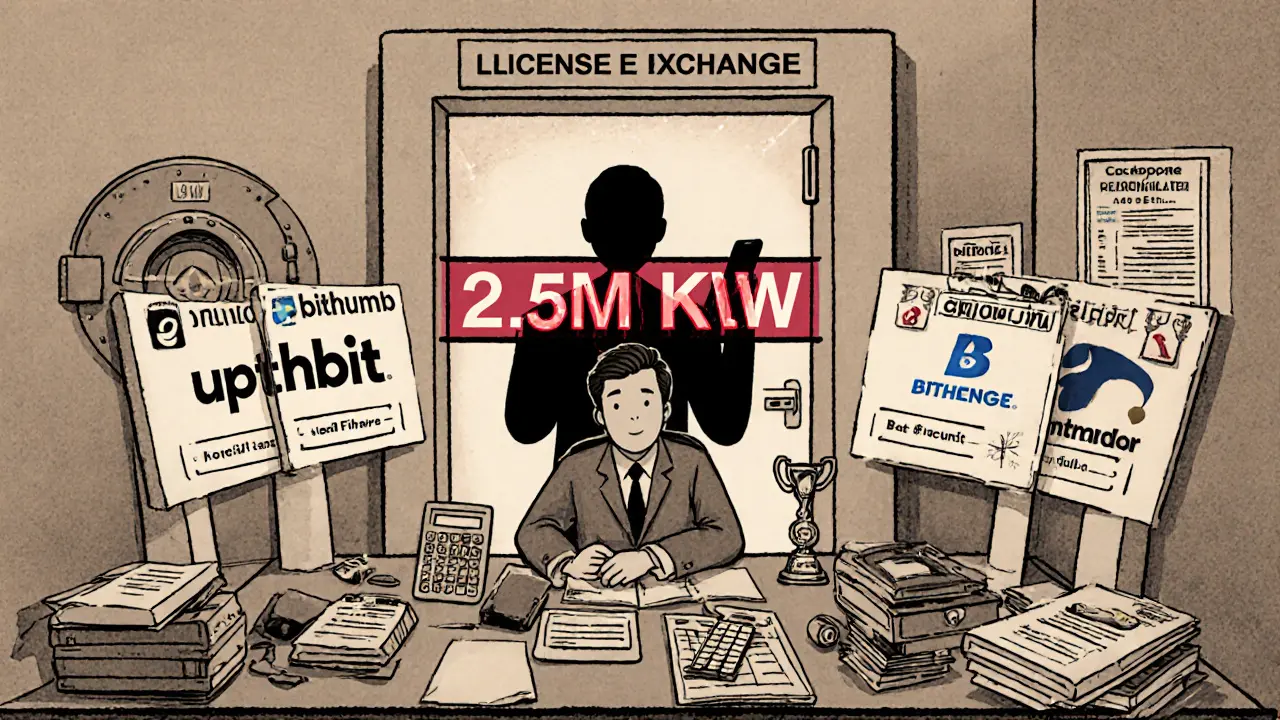
Korean Crypto Trading Restrictions and Rules: What You Need to Know in 2025
South Korea enforces strict crypto rules: only four licensed exchanges, real-name bank links, 20% tax on profits over 2.5M KRW, and no anonymous trading. Learn how to trade legally in 2025.
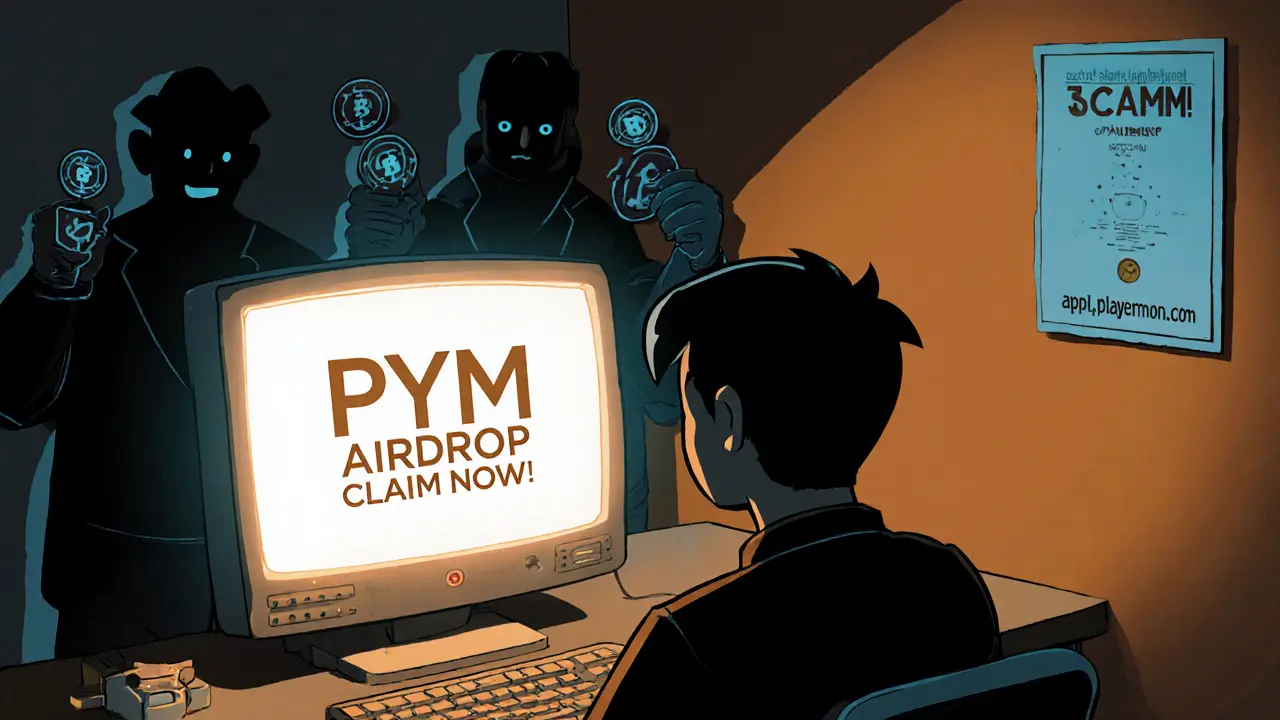
PlayerMon PYM Metaverse NFT Airdrop: What We Know and What’s Missing
No official PYM airdrop from PlayerMon has been confirmed as of November 2025. Learn what’s real, what’s fake, and how to avoid scams while waiting for any potential token launch.

Tokenlon Crypto Exchange Review: Is This Decentralized Exchange Worth Using in 2025?
Tokenlon is a decentralized crypto exchange built on Ethereum with a flat 0.30% fee and LON token discounts. It's safe, private, and simple-but lacks liquidity and chain support compared to Uniswap. Best for experienced DeFi users.
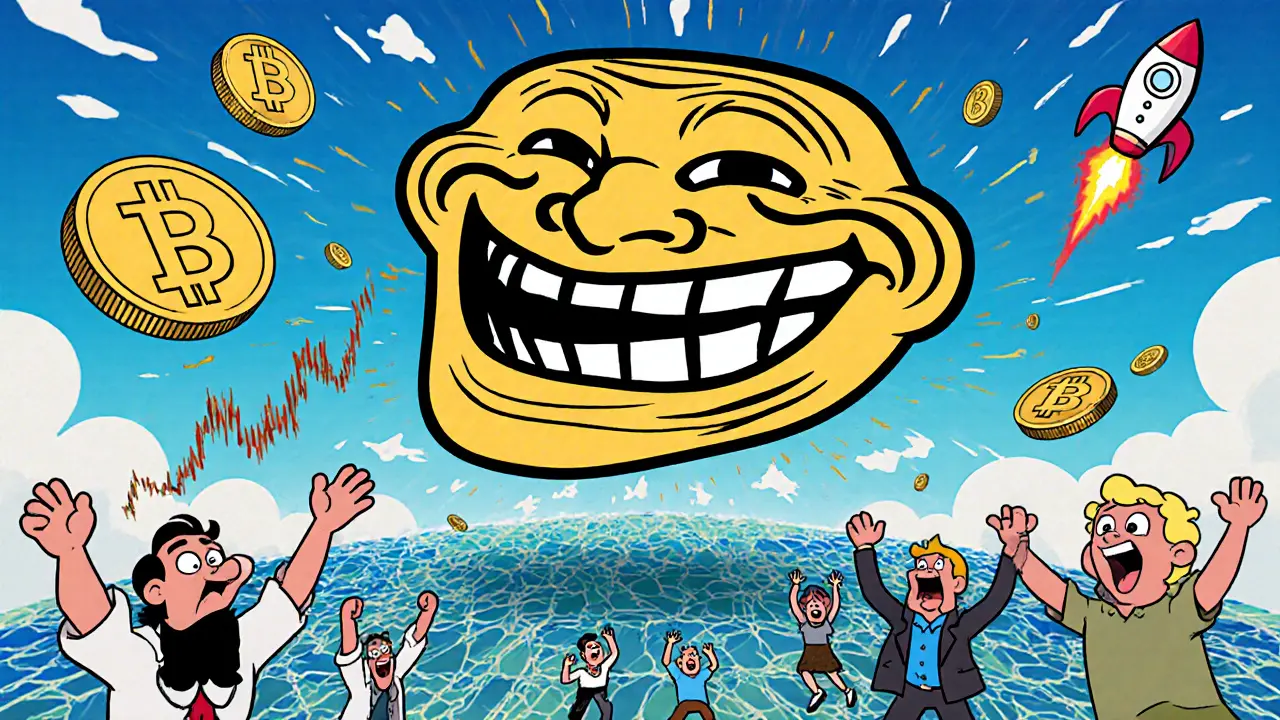
What is TROLL (SOL) Crypto Coin? The Full Story Behind the Solana Meme Coin
TROLL (SOL) is a Solana-based meme coin launched in 2025 with no utility, no team, and no roadmap. It rose 130,000% in months, then crashed 85%. It's pure speculation fueled by internet culture.
© 2026. All rights reserved.